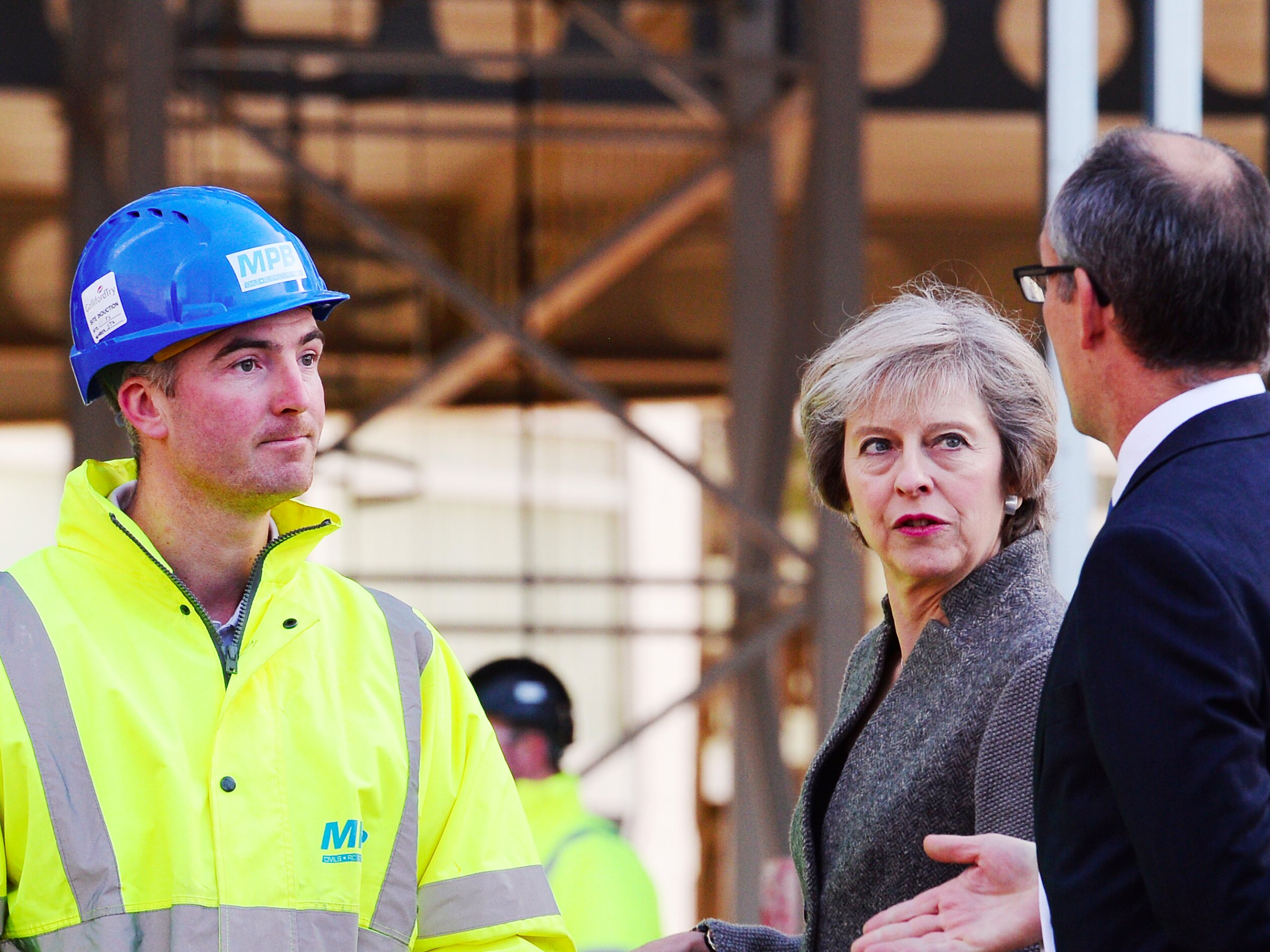
The British construction sector needs to bring in 400,000 new employees per year, the equivalent of one new recruit every 77 seconds, to solve the country’s housing crisis, according to a new report.
Consultancy firm Arcadis estimates that between now and 2021, a total of more than 1.5 million workers must be brought in to help build housing in the UK, or the country will fail to address the crippling lack of supply that has caused a huge imbalance in the market, driving up house prices.
The widespread consensus among economists is that Britain simply does not have enough housing, pushing prices up, and making home ownership unaffordable for much of the population.
“The housing shortage isn’t a looming crisis, a distant threat that will become a problem if we fail to act. We’re already living in it. Our population could stop growing and net migration could fall to zero, but people would still be living in overcrowded, unaffordable accommodation. Infrastructure would still be overstretched. This problem is not going to go away by itself,” the government’s highly anticipated “Fixing Britain’s Broken Housing Market” White Paper said.
To fix these problems, Arcadis argues, widespread, large-scale recruitment is key. In its report, subtitled “The real extent of Britain’s construction labour crisis” – the firm writes (emphasis ours):
“When it comes to construction, the housing industry bemoans planning restrictions; the infrastructure sector cites indecision as stalling progress; and Brexit triggered a deluge of talk about material costs and currency effects. These factors are hugely significant but without the right people to do the work none of them matter one bit.
“Even before Britain voted to exit the European Union, the number of people in the UK properly equipped to deliver the nation’s lofty modernisation plans was well below requisite levels.”
Here’s Arcadis’ chart, showing the scale of the problem:
Commenting on the firm’s findings, Arcadis’ director of workforce planning James Bryce said: “What we have is not a skills gap; it is a skills gulf. Systemic underinvestment in the nation’s workforce has contributed to a reduction in UK productivity.
“Construction employment is already down 15 percent on 2008 and, quite simply, if we don’t have the right people to build the homes and infrastructure we need, the UK is going to struggle to maintain it’s competitive position in the global economy.”
Britain’s housing problem is most acute in London, where it now takes an average of nearly 26 years for a couple living in London with one child to save for a home deposit.
House prices have been rising steadily across the UK for several decades, but they have increased most dramatically in the capital, where the average first-time home now costs £402,692, according to research by Halifax Bank.














